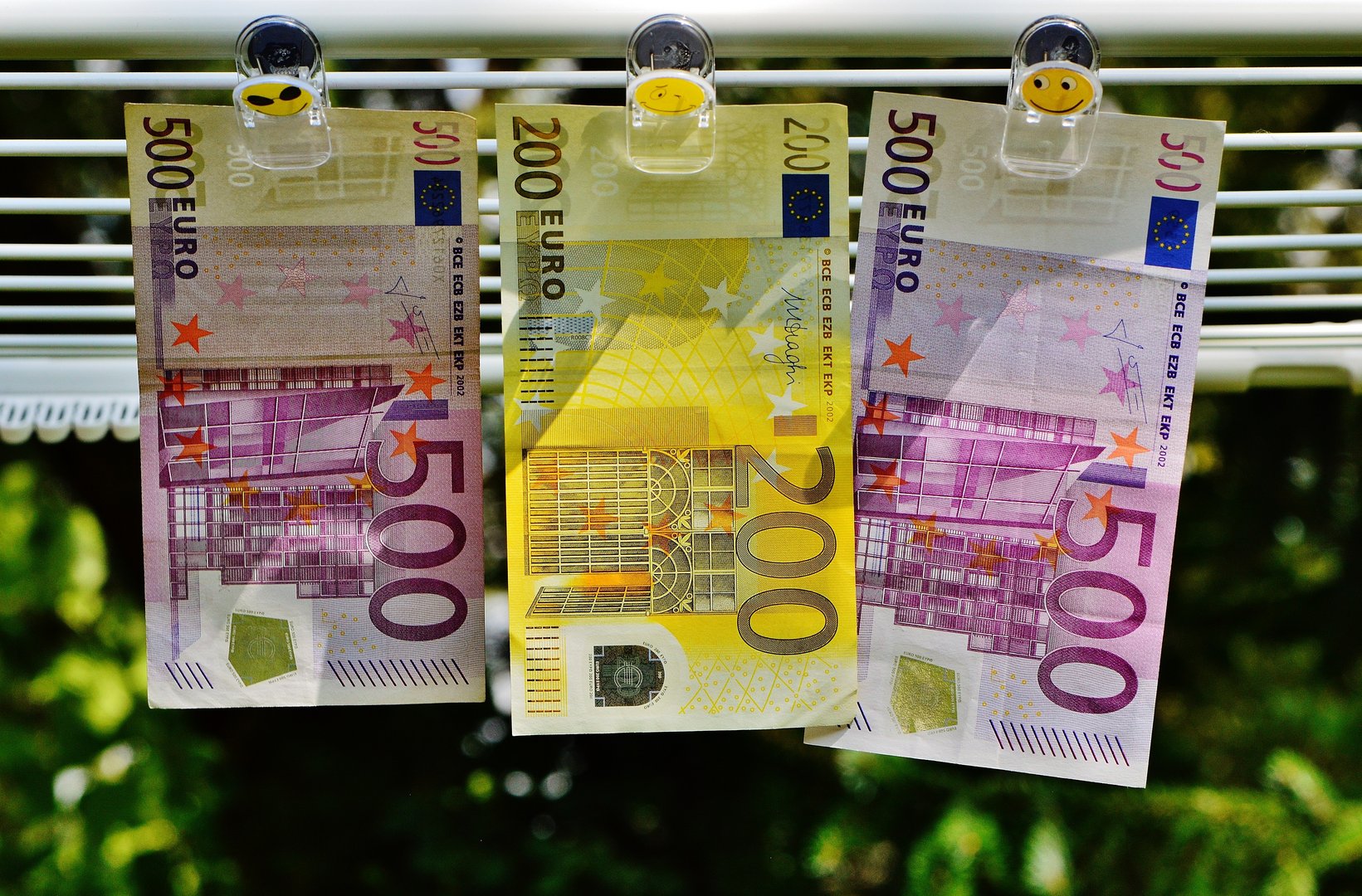Cyprus has made “some progress” in implementing anti-money laundering measures, but it still needs to improve on certain aspects, a Moneyval report released on Tuesday said.
In its annual report for 2022, Moneyval – the Council of Europe’s committee of experts on evaluating anti-money laundering measures and the financing of terrorism – said Cyprus has made “some progress in improving its level of compliance with FATF [Financial Action Task Force] standards.”
Cypriot authorities “took measures aimed at improving the level of compliance with the FATF Recommendations concerning non-profit organisations, virtual asset services providers (VASPs) and powers of investigative and law enforcement authorities, however, moderate shortcomings still remain,” the report said.
“Specifically, the authorities have taken several measures to assess terrorism financing (TF) risk exposure by the non-profit sector and strengthen its oversight activities, however, these measures have not yet been fully implemented.”
Moneyval noted the “substantive progress” made by Cyprus in implementing its VASP regime, but added that the country lacks a national action plan to address risks identified in the VASP sector and some technical deficiencies remain in implementation of preventive measures, including the so called ‘travel rule’.
“In addition, moderate shortcomings remain relating to the absence of powers to intercept the content of communication concerning the investigation of money laundering, terrorism financing and some other associated predicate offences, such as, for example, sexual exploitation, participation in an organised criminal group, fraud, theft, arms trafficking, some corruption offences and tax crimes, among others.”
In its general findings, the report warned that the recovery of proceeds from crime across states remains insufficient, calling on governments to “step up their efforts to strengthen their national frameworks for asset management and recovery.”
Moneyval said it found that successful confiscations of criminal assets are relatively rare compared with the estimates of the proceeds of crime.
“States should not only improve their results in identifying and freezing criminal funds. There is also an urgent need for them to greatly improve their results in confiscating and managing criminal assets, adopt stricter sanctions and increase the number of convictions for serious money laundering offences,” Chair of Moneyval Elżbieta Frankow-Jaśkiewicz said.
“Russia’s war of aggression against Ukraine has highlighted the link between authoritarian regimes, corrupt actors and illicit financial flows. The need to deny illicit actors access to the funds and resources used to facilitate harmful activities, including those that can undermine European security and stability, has become even more apparent,” she stressed.
With regard to technical compliance with recommendations concerning legislative and institutional reforms, Moneyval said members showed excellent results: they fully implemented 72 per cent of the recommendations.







Click here to change your cookie preferences